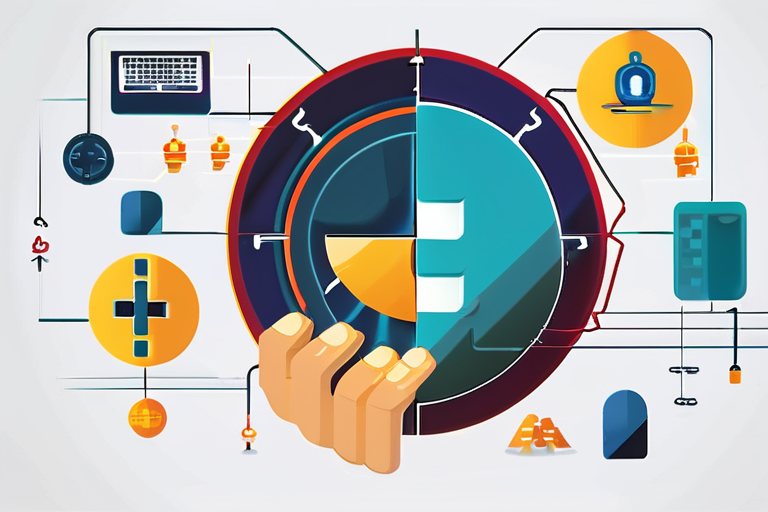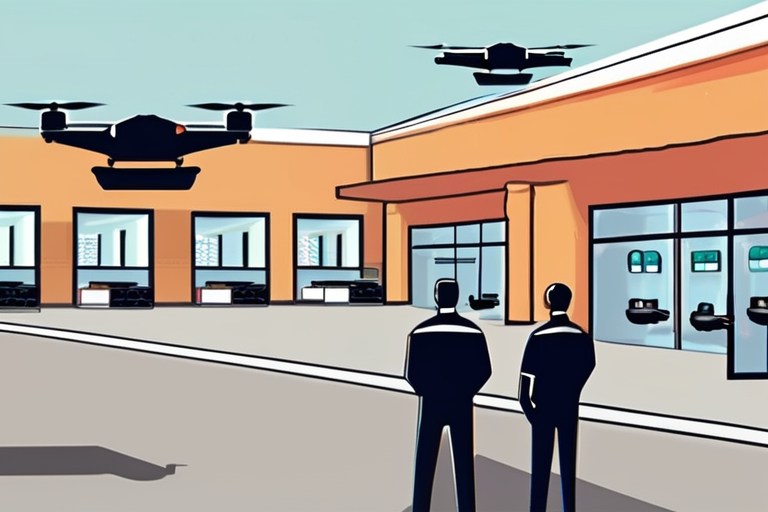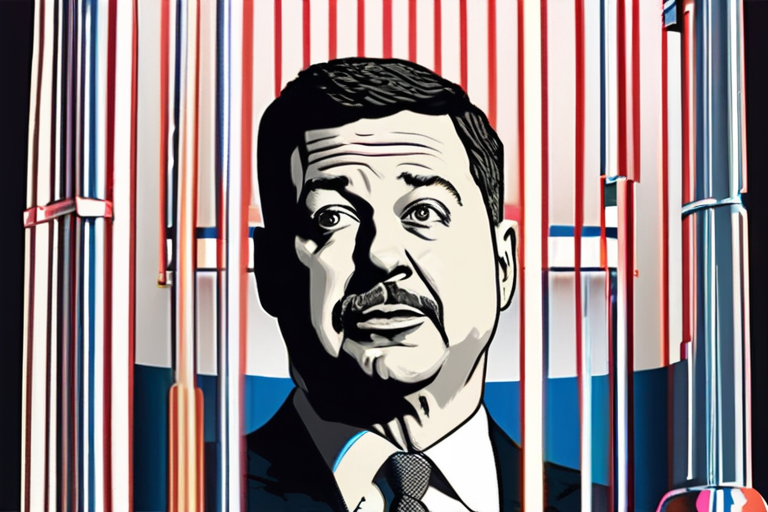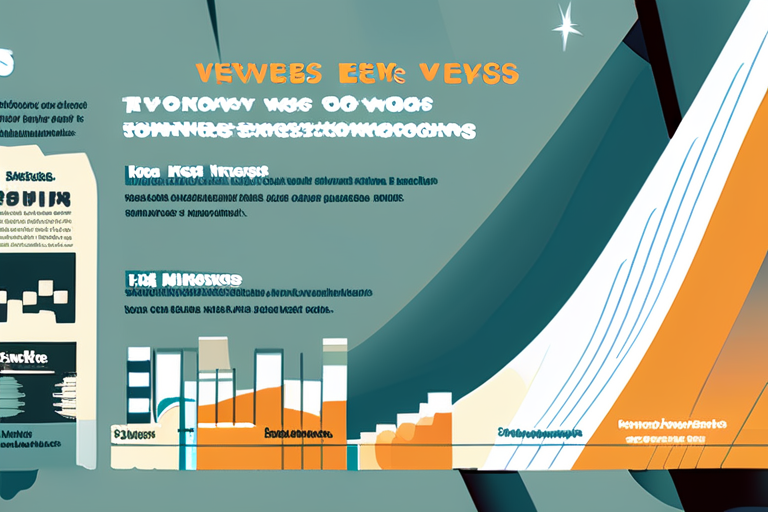The Trust Revolution: How Ethical Cybersecurity is Reshaping Enterprise Security
In the sweltering summer of 2025, as the world grappled with the devastating effects of ransomware attacks like Akira and Ryuk, Romanus Prabhu Raymond stood at a crossroads. As Director of Technology at ManageEngine, he had witnessed firsthand the chaos that unfolded when cybersecurity measures went awry. A hospital's entire network quarantined in an attempt to contain a suspected threat? The consequences were catastrophic.
"We were getting calls from our customers, begging us to find a way to balance security with reality," Raymond recalled in an exclusive interview at the Cyber Security Expo in Amsterdam. "They wanted aggressive containment features, but they also knew that automatically locking down critical systems could have disastrous outcomes."
This was more than just a technical challenge – it was a moral one. The cybersecurity industry had reached a tipping point. High-profile breaches, evolving regulatory frameworks, and the rapid integration of AI into security systems had created a perfect storm that threatened to engulf even the most vigilant organisations.
As Raymond navigated this treacherous landscape, he began to see an opportunity for innovation. What if, instead of relying on traditional security measures, companies could adopt an approach that prioritised trust over fear? One that recognised that cybersecurity was not just about protecting against threats, but also about preserving the delicate balance between security and productivity.
This was the birth of ethical cybersecurity – a movement that would reshape the very fabric of enterprise security in 2025. And Raymond was at its forefront.
A New Era of Security
So what does this new era look like? According to experts, it's not just about deploying more advanced threat detection systems or investing in AI-powered security solutions. It's about adopting a mindset that prioritises human-centric security – one that acknowledges the complexities and nuances of real-world threats.
"For too long, we've been focused on building bigger walls and deploying more aggressive automated responses," said Dr. Maria Rodriguez, a leading cybersecurity expert at Stanford University. "But this approach has created a culture of fear, where organisations are so focused on preventing attacks that they forget about the people who actually use their systems."
Rodriguez's words echoed Raymond's sentiments: "We need to shift our focus from security as a product to security as a service – one that prioritises the needs and experiences of users over mere technical protection."
The Human Factor
At the heart of this revolution is a recognition that cybersecurity is not just about technology, but also about people. It's about understanding the human factors that contribute to security risks – from employee behaviour to organisational culture.
Take, for example, the case of a major financial institution that implemented an AI-powered security system to detect and prevent insider threats. While the system was highly effective in identifying suspicious activity, it also inadvertently flagged legitimate transactions made by employees who were simply doing their jobs.
"It was a classic case of over-automation," said Raymond. "The system was so focused on detecting threats that it forgot about the people behind the screens."
This is where ethical cybersecurity comes in – a approach that acknowledges the complexities and nuances of human behaviour, and designs security solutions that are tailored to real-world needs.
A New Era of Trust
As we look to the future, one thing is clear: the traditional security-versus-privacy trade-off is no longer tenable. Organisations must adopt an approach that prioritises trust over fear – one that recognises that cybersecurity is not just about protecting against threats, but also about preserving the delicate balance between security and productivity.
For Raymond and his team at ManageEngine, this means developing security solutions that are designed with human-centricity in mind. Solutions that acknowledge the complexities and nuances of real-world threats, and prioritise the needs and experiences of users over mere technical protection.
"It's a trust revolution," said Raymond, his eyes shining with conviction. "And we're proud to be at its forefront."
As we step into the unknown future of 2025, one thing is clear: the era of ethical cybersecurity has arrived. And it's not just about protecting against threats – it's about preserving the very fabric of our digital lives.
*Based on reporting by Artificialintelligence-news.*



 Hoppi
Hoppi

 Hoppi
Hoppi

 Hoppi
Hoppi

 Hoppi
Hoppi

 Hoppi
Hoppi

 Hoppi
Hoppi











